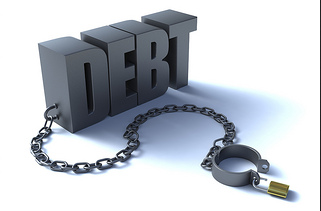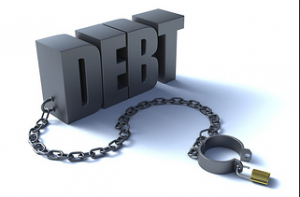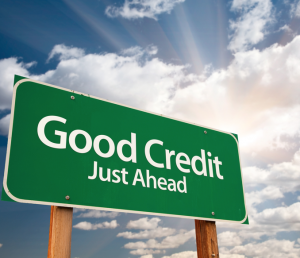
There are several approaches to the issue. Let’s start with the “Snowball Method.” That means you start your attack on the accounts with the smallest balances. That might give you the greatest boost as you see the accounts disappear. But the “High Rate Method” has the most potential for actually saving money. That’s when you concentrate the accounts with the highest interest rates, chewing them down a little at a time and reducing the amount of interest you pay.
Before making a choice, make an assessment. List all of your debt balances from lowest to highest so you can actually see what might be the best plan of attack. When you pay your monthly bills, pay the minimum amount on each account.
Then, if you have chosen the “Snowball” approach, take any available cash you have and apply it to the account with the smallest balance. If two accounts are close, choose the one with the highest interest rate. Even a very small amount of extra payment adds up over time and it always reduces the amount of interest you will pay. When you get one of your smaller debts paid off, the trick is not to use it again until you have the total debt under control. If you have to hide your card from yourself, freeze it in a block of ice or simply close it, resist the urge to start the process over again.
After you have paid off a debt, take the money you had spent on payments and use it to make additional payments on the next smallest account. Repeat this process and you’ll soon have a considerable amount of extra money to tackle the larger accounts. You’ll be surprised how fast that can happen. The “Snowball” effect really works.
If you have opted to start with the accounts with the highest interest, your first step is the same. List your debts, but according to the interest rate, from highest to lowest. Again, pay the monthly minimum and then use any extra cash you can muster to add to your payment on the one with the highest interest. That means that each month, you will pay interest on a smaller amount of principle.
Do the same thing with the account with the next highest interest payment. Over time – and it isn’t likely to be fast – you will find you have manageable debt. Unless, of course, you don’t resist the urge to fill up the cards again. Having them free and clear is a powerful incentive to start the process again, but resist. Make careful choices between what you really need and what you only want.
Which approach to debt reduction you choose is up to you and must fit your personal financial realities. But those who have take the steps to get control of debt will tell you that you just can’t put a price on the peace of mind that comes with freedom from debt. Get help from an accredited consumer credit counselor if necessary.



